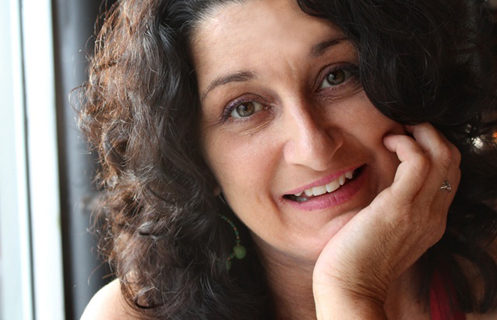While it may seem as if creating a 72-year-old protagonist is unconventional, Keller needed someone who was elderly and also knowledgeable about medicine. She remarked, “I wanted to write a morally complicated character and I was interested in the idea of somebody who just has had to swallow the mundane injustices of the world, as we all do, and gets to a certain point [and] just says, you know, she acts on perhaps her worst impulse but it’s informed by a fundamental anger at people in power getting away with stuff, especially in the case of… the villain in this book, who kind of pose as these morally upright people full of rectitude and, sort of, pomposity, but never really stop to examine the wider repercussions of their actions. It struck me wanting to have somebody who might step outside this straight and narrow… I had to make her alive on the page and also make it believable that she would do this and having done it, make it still forgivable, that you’re still in her corner… they also have to be less fearful of consequences… the situation of older people in this culture, they’re kind of invisible… so Frannie realizes that in that invisibility… there’s freedom, and also Frannie’s like, ‘I’m not likely to get caught because who’s going to look at me? Who’s going to suspect me?’ …in some ways, the stakes are different for her.”

A stone thrown in a pond, the person throwing the stone only sees a little bit of what happens and I really wanted to explore the idea of culpability for all of your actions.”


Nobody’s perfect and I must be perfect because I’m a nobody.

Podcast: Play in new window | Download
Subscribe: RSS


Want to join the discussion?
Feel free to contribute!